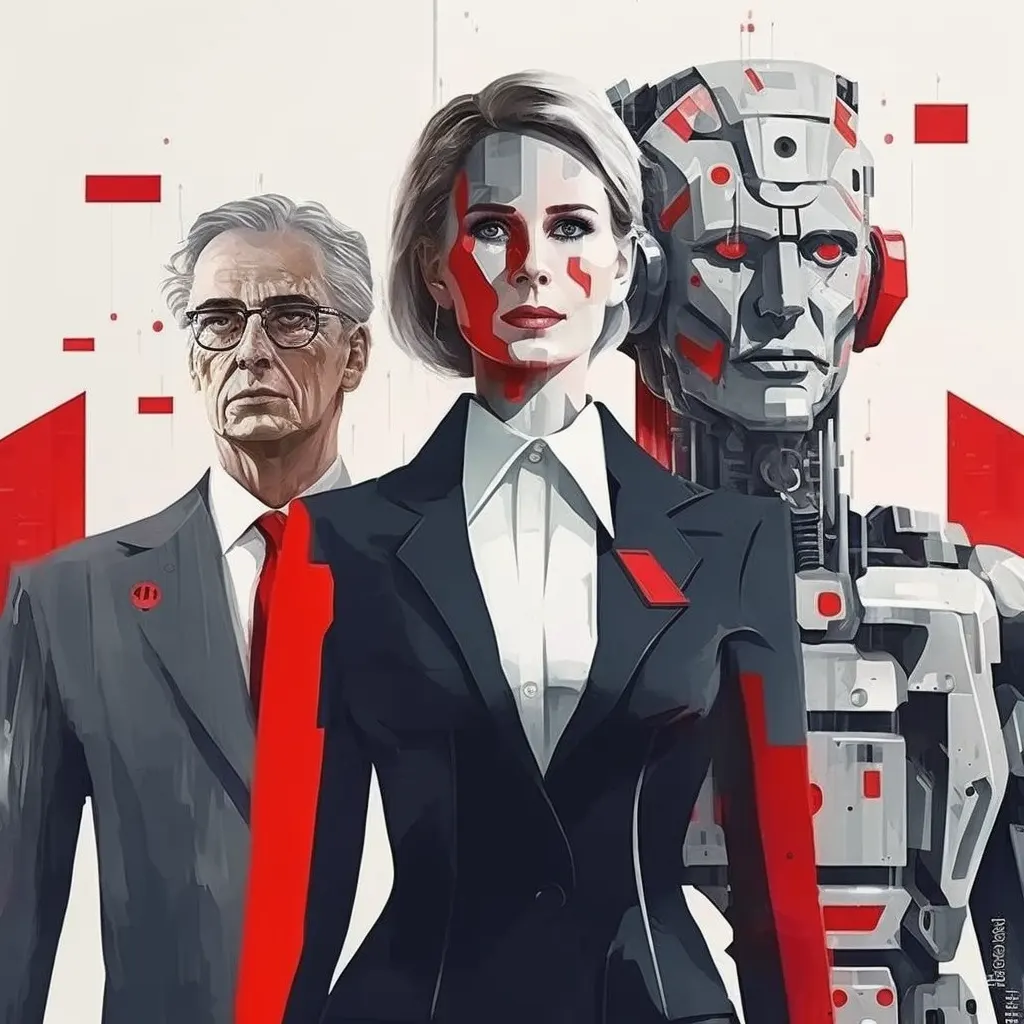The potential for AI to replace human CEOs is a topic of much debate in the business world. While this may seem like a far-fetched idea, in fact, AI is already changing the way businesses work. As a result, the role of the CEO may change. Let’s explore the potential benefits of using AI in the CEO role and why it may be more effective than a human CEO.
The term CEO, which stands for Chief Executive Officer, has been in use since the mid-20th century. The term was first used by management consultant and author Peter Drucker in his 1967 book, The Effective Executive. It is not known where the term came from, or how it was first used. The term refers to the highest-ranking executive in a company, responsible for setting the company’s strategy, vision, and culture. Today, the CEO is a key figure in most businesses, overseeing all aspects of the company’s operations and guiding it toward success.

At least one company is already trying this approach. In August 2022, NetDragon Websoft, a Hong Kong-based online gaming firm with $2.1B in annual revenue, appointed a CEO to helm its flagship subsidiary. They call it Tang Yu. Their new AI CEO was responsible for all the typical duties of a company leader, including looking at risks, making the company more efficient, and making leadership decisions. Yu didn’t sleep and worked 24/7, yet was compensated $0 per year, because Tang Yu is a robot powered by AI. Since Yu’s appointment, the company has outperformed Hong Kong’s stock market.
The main advantage of using AI in the CEO role is that it can process large amounts of data and identify patterns that humans may miss.This can be especially valuable in industries where data analysis is critical, such as finance or healthcare. AI can quickly identify trends and insights that may not be immediately obvious to a human CEO, allowing them to make better-informed decisions.
For example, AI-powered algorithms can analyze market data and make predictions about future trends, giving businesses a competitive edge. AI can also help identify areas where a company can reduce costs or increase efficiency, allowing the business to optimize operations and increase profitability.
Another advantage of using AI in the CEO role is that it can operate 24/7 without needing breaks or time off. This means that it can constantly monitor and optimize business operations, even when humans are unavailable. This can be especially valuable for businesses with global operations or those that require around-the-clock monitoring.
In addition to handling routine tasks, AI can also potentially handle more strategic decision-making processes. For example, AI could analyze market trends, identify growth opportunities, and even make acquisitions. By automating these processes, businesses can save time and resources, allowing human employees to focus on more complex tasks that require creativity and empathy.
While human CEOs bring unique skills and perspectives to the table, such as creativity, empathy, and strategic thinking, they also have limitations. Human CEOs are prone to biases and may make decisions based on emotions rather than data. Additionally, we humans have a limited capacity to process information, which can lead to missed opportunities or overlooked insights.
Overall, AI has several advantages over human CEOs that could make it a more effective option. AI can process data quickly and accurately, operate 24/7 without breaks, and potentially make more strategic decisions. Additionally, AI is not prone to biases or emotional decision-making, making it a more objective decision-maker.
While AI may not be able to replace the human element of leadership, it can complement it. By using AI, human leaders can handle routine tasks and provide data-driven insights. They can focus on more complex tasks that need creativity, empathy, and thinking.
While the idea of AI replacing human leaders may seem far-fetched, it’s important to consider the potential benefits it can bring to companies. AI has the ability to process data quickly and accurately, operate 24/7, and make more objective decisions. While AI may not completely replace human CEOs, it has the potential to transform the way businesses operate and make them more efficient and profitable.